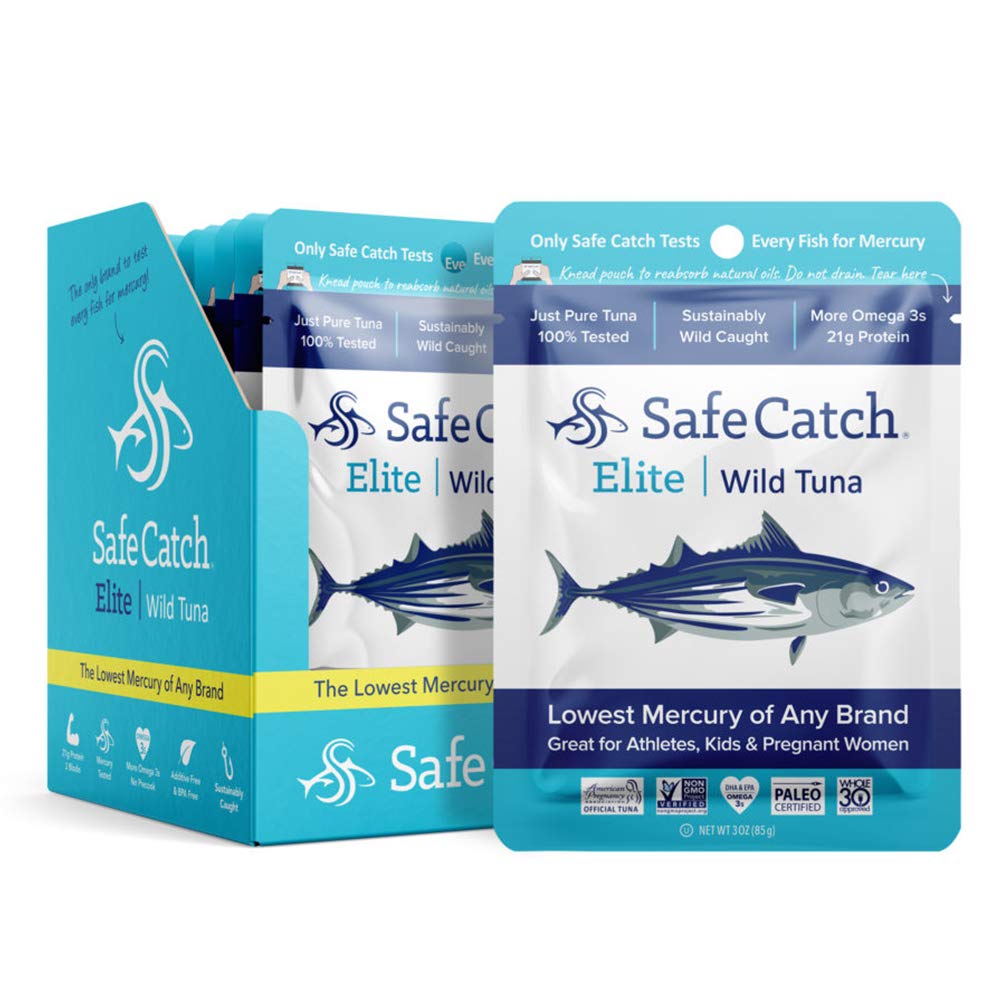The allure of tuna fishing lies in its thrill and the potential to land a magnificent catch. If you’re an avid angler yearning to embark on a tuna-catching adventure, understanding the timeframe involved is crucial to maximize your chances and avoid disappointment. So, how long does it take to catch a tuna? Let’s delve into the factors that influence this fishing pursuit.

Image: www.sciencephoto.com
The Variables at Play
Fishing for tuna is not a precise science; there are numerous variables that can impact the time it takes to land one. These include:
- Location: Tuna are migratory fish found in many parts of the world. The specific area where you fish can significantly influence the abundance and size of tuna available.
- Time of year: Tuna tend to congregate in specific areas during particular seasons. Researching the prime fishing times for your chosen location is essential.
- Bait: The type of bait you use can attract certain tuna species. Live baitfish, lures, and jigs are all effective options, depending on the conditions.
- Fishing technique: There are various techniques used to catch tuna, including trolling, casting, and jigging. The choice of method can impact the duration of your fishing trip.
- Experience: The skill and experience of the angler can play a significant role in the time it takes to catch a tuna. Seasoned anglers often have a better understanding of techniques and can work more efficiently.
Duration Ranges
While the timeframe can vary widely, here are some general estimates based on factors discussed above:
– Inshore fishing: Fishing inshore, closer to the coast, can result in catches within hours, particularly for smaller tuna species.
– Offshore fishing: Venturing offshore often requires more time, with trips lasting from half a day to multiple days to locate and catch larger tuna.
– Charter trips: Organized charter trips typically offer structured fishing experiences and may limit the duration to a half-day.
– Tournament fishing: Competitive tuna fishing tournaments usually have short time frames, ranging from hours to a few days.
Tips for Success
To increase your chances of catching a tuna, consider these expert tips:
- Timing is everything: Plan your fishing expedition during the peak season for tuna in your chosen location.
- Proper gear: Ensure you have the right fishing rod, reel, and line for the tuna species you’re targeting.
- Effective bait and lures: Research the types of bait and lures that are most successful for the area you’re fishing.
- Patience and perseverance: Tuna fishing requires patience and tenacity. Don’t be discouraged if you don’t catch a tuna right away. Keep casting and trolling, and eventually, you’ll be rewarded.
- Seek experienced help: If you’re new to tuna fishing, consider chartering a fishing boat with an experienced captain and crew who can guide you.

Image: www.gosupps.com
Frequently Asked Questions
Q: What is the best time of year to catch tuna?
A: The best time of year to catch tuna varies depending on the location. In general, the peak season for tuna fishing is during the summer months, when tuna migrate closer to shore.
Q: What is the most effective bait for catching tuna?
A: The most effective bait for catching tuna is live baitfish, such as bluefish, herring, and mackerel. However, lures and jigs can also be effective, especially when live bait is unavailable.
Q: What size hook should I use for tuna fishing?
A: The size of hook you use for tuna fishing will depend on the size of the tuna you’re targeting. For smaller tuna, such as skipjack tuna, a size 2 to 4 hook is sufficient. For larger tuna, such as bluefin tuna, a larger size 6 to 8 hook is recommended.
Q: Can I catch tuna from shore?
A: Yes, it is possible to catch tuna from shore, although it is more challenging than fishing from a boat. To increase your chances of success, fish from a jetty or pier that extends into deeper water, and use live bait or lures that resemble small fish.
How Long Does It Take To Catch A Tuna
Conclusion
The time it takes to catch a tuna is influenced by various factors, including location, time of year, bait, fishing technique, and experience. However, by following the tips outlined above, you can increase your chances of success and land a magnificent tuna for yourself. And for those who have experienced the thrill of catching a tuna, we would love to hear about your story in the comments below. Let’s share the joy of fishing and inspire others!





:max_bytes(150000):strip_icc()/ideas-for-removing-odors-from-wood-3536463-FINAL-54b76a445dfb41acb4ba0c413bd80e80.png?w=740&resize=740,414&ssl=1)

